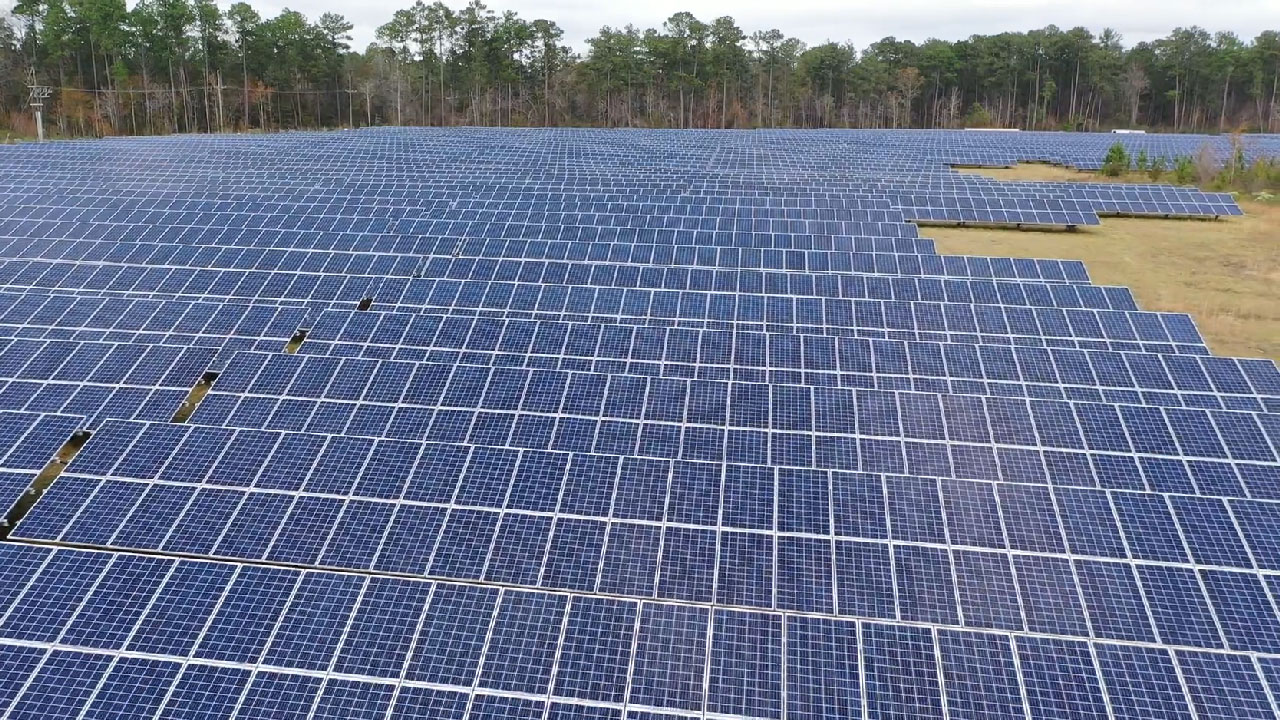AI GPU bottleneck has eased, but now power will constrain AI growth warns Zuckerberg
But developing energy infrastructure can have a long lead time.

Energy constraints are set to become the IT industry’s next bottleneck, reckons Facebook co-founder and CEO Mark Zuckerberg. In a recent interview, he said he thinks that the long-running GPU drought is basically over, and AI growth and development won’t be reined in by capital constraints in the near term. Instead, energy issues are going to become the next major pinch point.
Zuckerberg tells interviewer Dwarkesh Patel that with the GPU drought now over, businesses will be tempted to “invest a lot of money in building out these things,” like data centers. However, before capital becomes a question, industry is going to be confronted by energy constraints, reckons Zuckerberg.
Providing some support to his assertion, the Facebook boss observes that a lot of new data centers are consuming 50 to 100 megawatts, with particularly large ones that “might be 150 megawatts.” It seems only a question of time before data centers start requiring 300 or 500 megawatts, or even pushing to a gigawatt.
How long will the exponential AI training and energy curve keep going – Zuckerberg asks rhetorically. This question brings the topic of energy production into focus. The Facebook CEO highlights that energy production is probably worth investing in soon.
Making a new power station is not a trivial task. Taking into account regulations (particularly with nuclear energy), powerline planning, and construction it can take many years from drawing up a plan to power flowing to the grid.
Georgia’s example
In a timely article, the WSJ looks closely at the US state of Georgia and how it is coping with the opening of a multitude of tech and industrial businesses.
Many of the new businesses “hoover up huge amounts of electricity,” notes the WSJ. At the same time, states are trying to lessen reliance on fossil fuel generated electricity, making attracting key businesses while assuring them of energy supplies a tightrope walk. Making things more complicated is the question of demand and supply affecting consumer prices and supplies.
Get Tom's Hardware's best news and in-depth reviews, straight to your inbox.
Going forward, flexibility seems key, utilizing diverse power sources from renewable like solar and wind, employing batteries for spike management, using nuclear where available, and pragmatically using fossil fuel resources as required.
Interestingly, and relevant to the Zuckerberg interview above, the WSJ notes that Meta / Facebook is collaborating with a Georgia co-op and solar developer called Silicon Ranch, to help power its data centers.

Mark Tyson is a news editor at Tom's Hardware. He enjoys covering the full breadth of PC tech; from business and semiconductor design to products approaching the edge of reason.
-
Findecanor Has it not occurred to these techbros that we are living in a climate emergency?!Reply
We have to conserve energy. The energy we get from renewable resources must go to our actual needs, not to commercial moonshots.
The transition process of replacing fossil fuels with renewable energy is still not going fast enough to avoid the 2°C target — which is the threshold from emergency to catastrophe. -
hotaru251 Reply
they don't care.Findecanor said:Has it not occurred to these techbros that we are living in a climate emergency?!
Only thing those in charge of the business care about is $$$.
They will dead before the climate issues get too bad to survive in. -
natesnowflake Sam Altman doesn't just work at OpenAI; he also founded Oklo, an advanced nuclear reactor company designed to provide more modular construction and more advanced technology.Reply
Oklo just went public and shares cratered post-IPO, but with no apparent lock-up period, that's to be expected. SMR (NuScale) is another that has been trading for a while. There's also the Natrium being contructed (founded by Bill Gates) in Kettering, WY that just broke ground.
The recycling of solar and wind panels after their usable lives poses challenges. Sufficient raw copper for expansive arrays may not be readily available. We actually have much more experience with nuclear and what can go wrong than we do with solar and wind. We have no experience with grid-scale batteries.
Congress is also actively involved in reviving the domestic nuclear fuel industry. Right now, we're highly dependent on imports just for the existing LWR fleet.
So, it's not just Zuck who sees this problem, and both Gates and Altman think the obvious solution is atomic energy. It's one of the least dangerous forms of energy - even wind kills more people per year on average.
Wind and solar will have a huge role to play, but the bedrock of our future has to be laid with U-235 and Th-239. -
Notton Ah, it's not a Sunday unless a billionaire scourge of a human tells us how to make them richer by pillaging our planet more.Reply -
Pierce2623 Can’t we just limit business energy consumption instead of building tons of new power plants? In the long term, AI is just going to make jobs disappear anyways.Reply